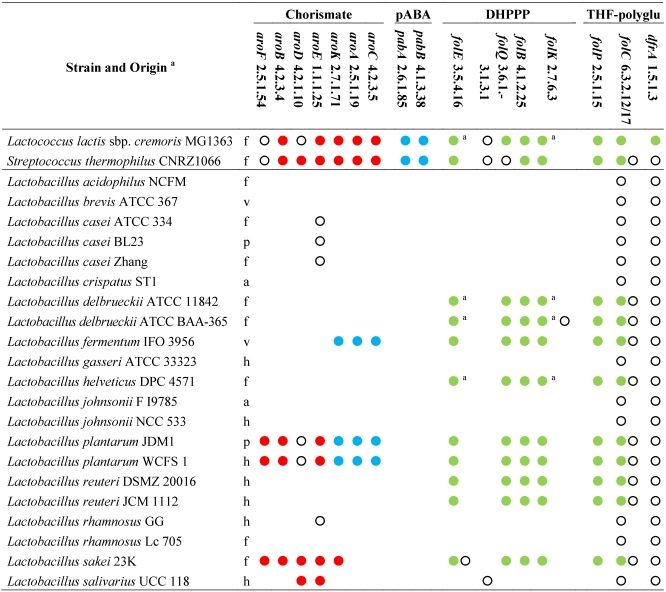@yerrag said:
Use of natural substances available in nature that are known for their antifungal properties may help as a start. Taking turpentine orally, for example. This would help change the microbiome towards a dominance by bacteria instead of fungal forms.
When you said turpentine, did you only think of its antifungal properties or of more?
I've been harboring some aversion to turpentine and didn't try it as intended. A few days ago, however, I started 4-5 times daily 4-5 drops of aforementioned monoterpenes (from peppermint oil) and whilst it's ached a little inititally and especially when taken without any dextrose (it's recommened to be taken with sugar, just as turpentine) its effects are remarkably beneficial and remarkably quickly so.
I've tried to find associations of turpentines/terpenes with intestinal mucosa.
And couldn't find much, really. From a bit of crossreading, however, it appears to be the case that turpentine AT LOW DOSES, but not at large doses (opposite effects!), exhibits trophic effects on the intestinal mucosa and villous length and proliferation by releasing cytokines (and perhaps improved microcirculation).
It helps to maintain villous lenghts during a couple of days of starvation/fasting (I hadn't known that villous atrophy sets in so quickly from a "use it or lose it" point).
So overall, low but not high doses of turpentine seems to stimulate the intestinal mucosa, and sort of imitate a well-functioning microbiome--brush border interaction in the absence of a proper microbiome?
Or maybe it reinstates the proper microbiome by putting right the brush border functionings? It's difficult so say with these reciprocities.
